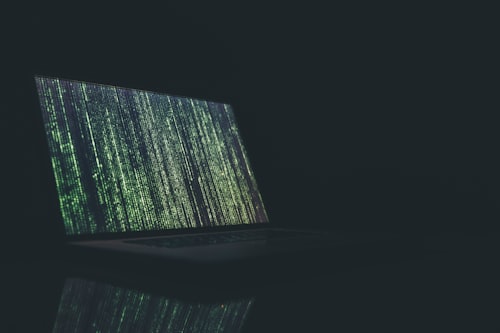Introduction
Email background checks have become an essential tool in today's digital age, enabling individuals and organizations to make informed decisions and establish trust. Whether it's for employment purposes, business partnerships, or personal interactions, conducting a thorough background check can help mitigate risks and ensure the safety of everyone involved. In this comprehensive guide, we'll delve into the world of email background checks, exploring their significance, the information they can uncover, and answering common questions surrounding this topic.
The Importance of Email Background Checks
With the increasing reliance on digital communication, email has become a primary means of correspondence in various contexts. Conducting an email background check allows individuals and organizations to gain insights into an individual's past, helping to validate their claims and evaluate their suitability for a particular role or engagement. Here are the key reasons why email background checks are essential:
1. Verification of Identity -An email background check helps verify the identity of an individual by cross-referencing their provided email address with public records and online sources. This verification process ensures that the person is who they claim to be, establishing a foundation of trust in personal and professional interactions.
2. Validation of Professional History -For employers, an email background check provides a means to validate an applicant's professional history, including past employment, education, certifications, and achievements. This information helps verify the accuracy of the individual's resume or application, ensuring that their qualifications align with the requirements of the role.
3. Risk Mitigation -Conducting an email background check helps mitigate risks associated with potential fraud, identity theft, or undisclosed criminal history. By uncovering any red flags or discrepancies in an individual's background, organizations and individuals can make more informed decisions and protect themselves from potential harm.
What an Email Background Check Reveals
An email background check can reveal various types of information, providing valuable insights into an individual's history. While the specific details obtained may vary depending on the service or method used, here are some common elements that may be revealed during an email background check:
1. Personal Information <p Z> -Email background checks may uncover personal information such as the individual's full name, date of birth, contact details, and addresses. This information helps verify their identity and establish a connection with other records.
2. Employment History -Employment history, including previous employers, job titles, dates of employment, and job responsibilities, may be revealed through an email background check. This information allows employers to validate an individual's professional experience and assess their suitability for a particular role.
3. Education and Credentials -An email background check can uncover an individual's educational background, including degrees, certifications, and academic achievements. This information helps verify the accuracy of their educational claims and assess their qualifications.
4. Criminal Records -Depending on the service used and the jurisdiction, an email background check may reveal information about an individual's criminal records. This can include arrests, convictions, and any relevant legal proceedings. It's important to note that the availability and scope of criminal records may vary depending on local laws and regulations.
5. Online Presence -Email background checks may also provide insights into an individual's online presence, including social media profiles, online publications, and professional networking profiles. This information can help assess an individual's digital footprint and reputation.
Commonly Asked Questions about Email Background Checks
Q: Are email background checks legal?
A: Email background checks are generally legal as long as they comply with applicable laws and regulations. It's important to ensure that the email background check service you use adheres to privacy laws and guidelines to protect both the individual's rights and your legal obligations.
Q: How can individuals protect their privacy during email background checks?
A: Individuals can protect their privacy during email background checks by being cautious about the information they share online, regularly reviewing their privacy settings on social media platforms, and considering using professional email addresses instead of personal ones for public interactions.
Q: Can email background checks be used for employment purposes?
A: Yes, email background checks are commonly used by employers as part of their screening process to assess an individual's suitability for a particular role. However, it's essential to comply with local employment laws and regulations governing background checks.
Q: Are there limitations to what an email background check can reveal?
A: Yes, email background checks have limitations. They rely on publicly available information and online sources, which may not always be comprehensive or up to date. Additionally, the scope of information revealed may vary depending on the service used and the jurisdiction.
Conclusion
Email background checks provide valuable insights into an individual's history and help establish trust and safety in various contexts, including employment, business partnerships, and personal interactions. By conducting thorough email background checks, individuals and organizations can verify identities, validate professional histories, and mitigate risks. Understanding the importance of email background checks and the information they can reveal empowers individuals to make informed decisions and ensure trust in today's digital age.



